Manage my passport? What's to manage, you may be thinking. Well, nowadays there are lots of…
Covid Updates
Some have described it as a Covid-19 explosion. The number of cases and deaths have jumped dramatically in the last few weeks and federal, state and local officials are scrambling to address the new wave. At the same time, airlines, countries and the travel industry in general are looking for ways to make travel safe so we can all get back to some semblance of “normal.”
A combination of vaccinations, testing and appropriate caution (social distancing and wearing masks) are all necessary to bring back the travel industry. Of the three weapons used to fight Covid, the vaccination is seen as the most important long-term sword in the disease eradication arsenal.
As of the date of this post, none of the vaccines have been approved in the U.S. but are under review by the Food and Drug Administration.
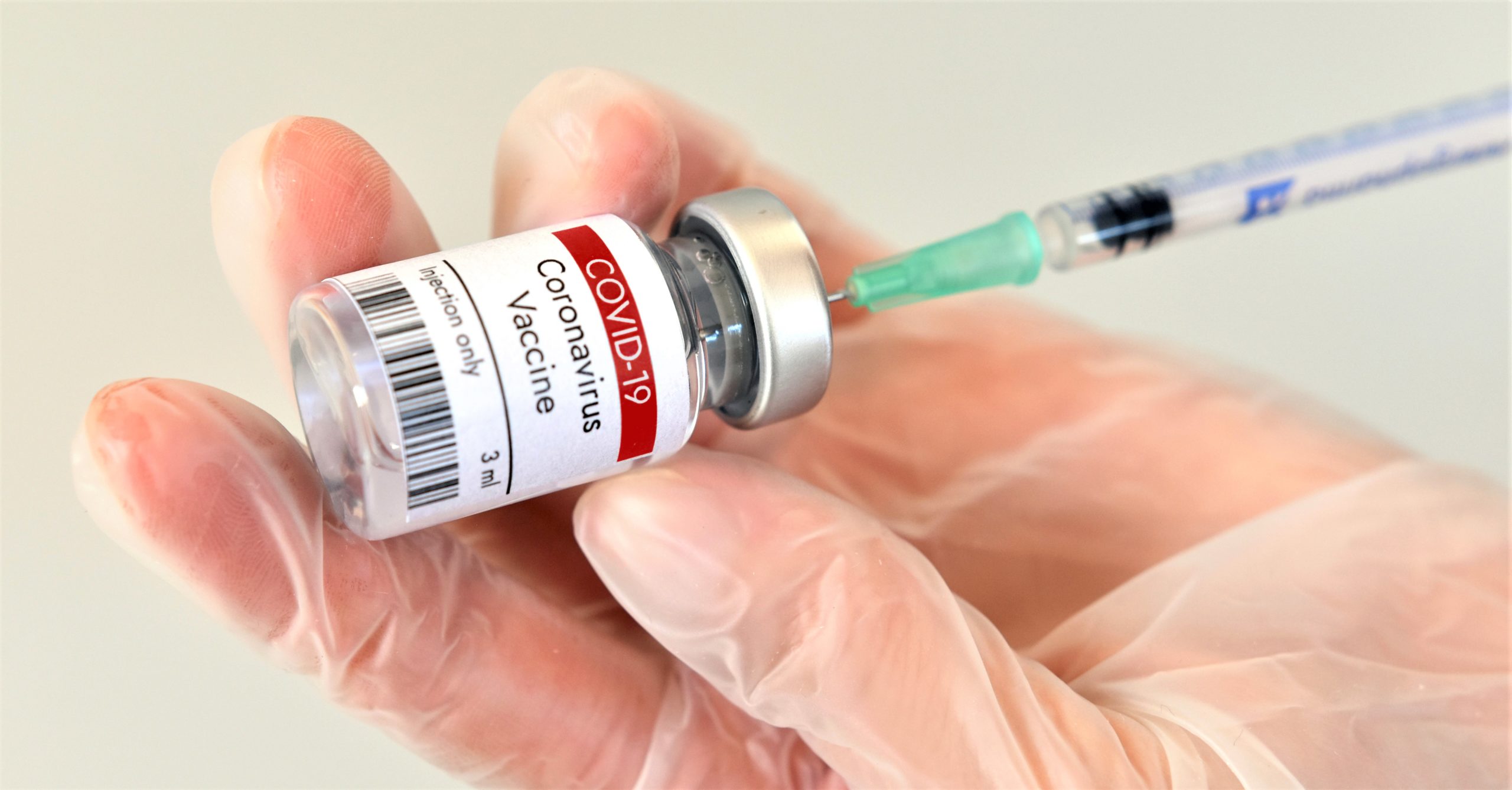
Vaccines
Aside from the rapid increase in cases and deaths, the biggest news is the arrival of vaccines. I’m not a doctor, so I’m relying on what’s being reported but the news is promising at this point. Pfizer/BioNTech was the first to announce the results of their trials, which started in May. Their 95% efficacy rate will likely earn them an early December approval.
Moderna, the second most-talked-about vaccine, also reported a 95% effectiveness. Like Pfizer, the Moderna vaccine is gene-based and uses mRNA to create a vaccine that uses the Covid genetic code to induce the body’s own immune system to fight the virus. While some are hailing this cutting-edge medical technology, others are asking if you really want to try the beta version of an mRNA vaccine or maybe wait for a later version.
Trials for AstraZeneca/Oxford began in September, were paused for a while and now have resumed. With an “up to 90%” success rate, this vaccine is less effective but they have the capability to produce far more doses than Pfizer and Moderna combined. Like Moderna and Pfizer, one downside to AZ/O’s vaccine is that it requires two doses.
Two other candidates, Novavax and Johnson & Johnson are still in trials. Novavax is a very small company that has yet to have a product approved for distribution.
J&J on the other hand is a huge, household name and has a big advantage over the three leading products in that doses will require standard refrigeration instead of super-cooling, meaning that the vaccine will be both easier to distribute and store. J&J hopes to have approval by February.

Russia and China have already begun to use vaccines developed in their countries, some of which received approval for use even before starting trials! These are available in much of Asia, Africa and some middle-eastern countries. If your doctor is suggesting a vaccine made by Russian pharmaceutical Gamaleya or any of the Chinese vaccines (Sinovac, CanSino Biologics or Sinopharm) I suggest getting a second opinion.
Long known for their high alcohol consumption, Russian citizens have been warned to reduce their alcohol intake after receiving the Sputnik V vaccine. The Russian news agency, TASS, reports that Deputy Prime Minister Tatiana Golikova has noted that vaccination takes 42 days to be effective and that citizens need to follow standard precautions and avoid alcohol and immunosuppressant drugs to prevent infection.
When will these vaccines be available? Pfizer’s vaccine was approved by the U.K. and the first inoculations are set to be given beginning December 7. The European Medicines Agency will meet on December 29 to determine if enough data is available to approve the Pfizer vaccine for use throughout the European Union and set January 12 as a possible date for approving the Moderna vaccine.
Across the board, the first rounds of vaccinations are being targeted to nursing home residents and health care workers. First responders and others deemed to be in critical positions will receive the second round. How and when they will be available to the average person looking to travel is anyone’s guess at this point.
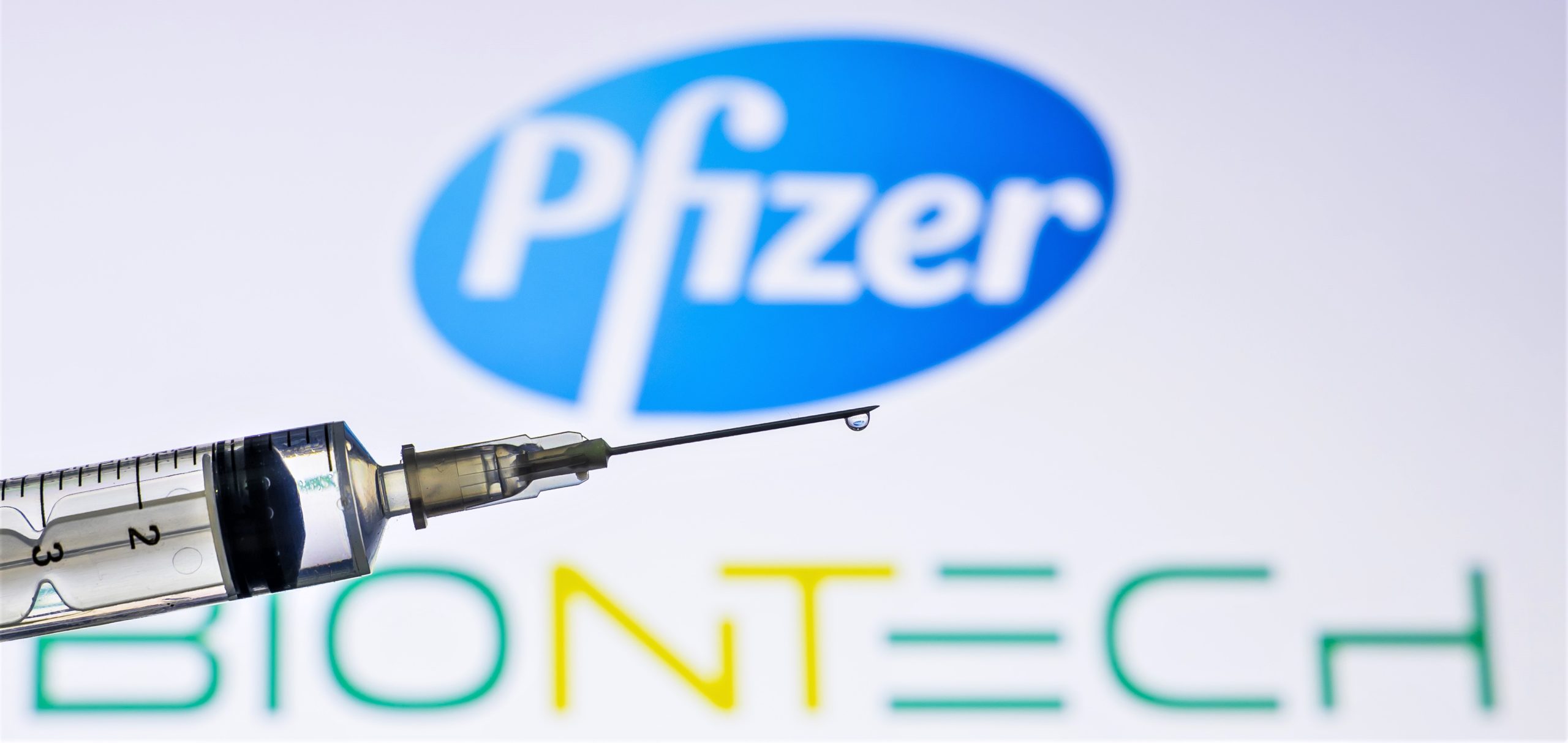
How long do they last? The big unknown is how long are these vaccines effective? Three months? A year? Ten years? A lifetime? Until we have sufficient data, no one knows. Moderna is claiming at least three months of immunity, but all of the vaccines will require ongoing trials to ascertain long-term efficacy.
In addition, vaccines aren’t instantaneous; it takes several weeks at least for the body to build up sufficient antibodies to fight off the virus. In other words, you can’t get your vaccination on Tuesday and expect to fly on Friday. Since vaccines won’t be widely available to non-essential folks until February or March (best case scenario), they likely won’t help the travel industry until late Spring or early summer.
Testing
Absent vaccine approval, states, countries and airlines have been relying on testing to minimize Covid spread. Given that most are asking for a test no more than 72 hours before traveling, the possibility of infection during those three days is still a possibility.
Oneworld, Star Alliance and SkyTeam, the major airline alliances representing 58 major airlines, have been pushing for common testing guidelines and a digital health passport to help get more customers flying again and avoid what they referred to as the “blunt instrument” of quarantines.
The three alliances have joined with the International Air Transport Association (IATA) and the United Nations’ International Civil Aviation Authority to focus on a common approach to documenting testing.
Testing presents both opportunities and problems. As the AP noted in their story on this topic, “Testing presents a number of challenges, including how long it takes to get a result, possible false positives or false negatives, and people who may be infected but only test positive several days later.”
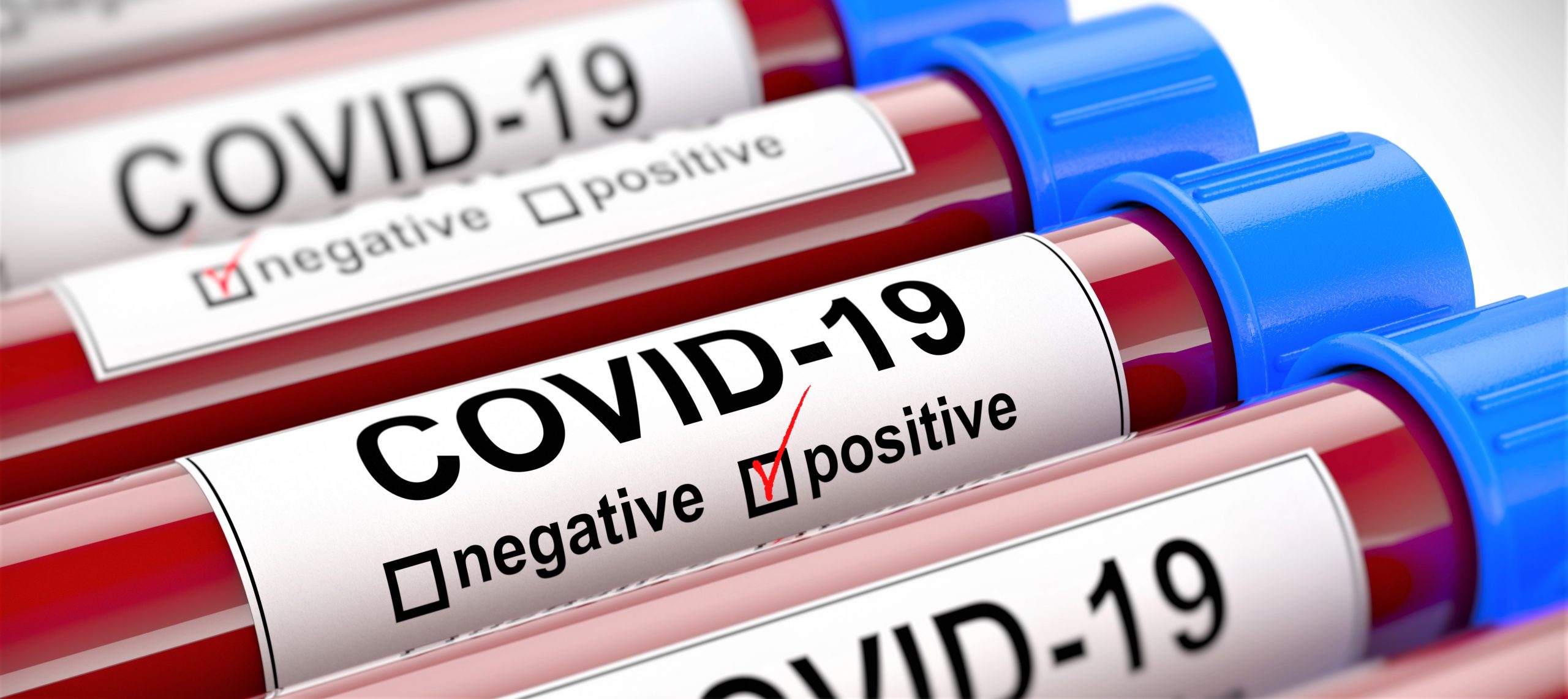
Nonetheless, testing weeds out a substantial number of travelers who might pass on the virus to others. Perhaps more importantly, economic research company Oxera found that testing passengers on arrival is twice as effective as a 14-day quarantine at reducing coronavirus transmission.
Although the study focused on UK data, one conclusion is stunning: a 14-day quarantine policy is least effective at preventing Covid-19 from entering the community, compared to all forms of passenger testing. Notably, the research takes into account quarantine non-compliance.
If you’re taking a test in order to travel, make sure you’re getting the right test! A PCR test is the one most widely required by airlines and states that require them. Hawaii only accepts test results from a list of approved providers.
So, where do you get a test? If you’re flying on one of the major domestic airlines, check out their websites as they often have information on testing labs they use. More and more U.S. airports are also offering testing, oftentimes rapid tests that produce results in under a couple of hours.
Also, check with your local city/county health department. In Sarasota, where I live, there is a fee for rapid testing but testing where the results are available in 2-3 days is free.
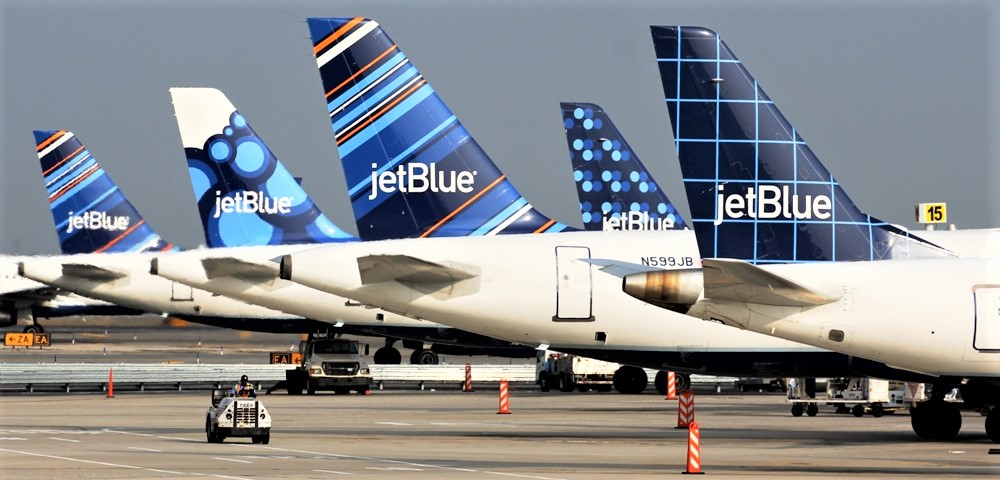
Travel
JetBlue Offering Aruba Covid Test. Aruba became the first Caribbean nation to partner with JetBlue on entry testing. The results of the saliva-based PCR tests completed by Vault Health, JetBlue’s testing partner, will be accepted for entry to the island nation. The tests are completed at home with video conference supervision by Vault and then overnighted to a lab for processing.
“We continue to prioritize the health and well-being of our visitors and locals through advanced safety protocols. This partnership provides our visitors with an added level of convenience and ensures that once travelers arrive on our sunny shores, they can immediately enjoy their trip and head straight to our award-winning beaches,” said Ronella Tjin Asjoe-Croes, CEO of Aruba Tourism Authority.
JetBlue flies to 24 Caribbean and Central American destinations, and I think we can anticipate that similar partnerships will be established in the coming months. American Airlines has announced pre-flight testing arrangements for travel to Grenada, St. Lucia and Belize (agreements with the Bahamas and Jamaica are still in process).

Hawaii. Several states have set up testing options in lieu of quarantining and Hawaii is probably the most prominent among them. Tourism is a huge component of the Hawaiian economy, so getting people from the mainland and Asia is critical to their financial health. Although clumsy, what I’ve read so far suggests that the process is working.
Hawaii allows you to fly there if you have a test from an approved testing partner at least 72 hours prior to your flight from the mainland. However, you first have to set up an account on their Safe Travels Hawaii website, upload the results of your test and then wait for the state to send you a QR code via email.
With lots of timelines to deal with, some travelers have still been told on arrival that they need to quarantine even though they followed the process 100%. There have also been rumblings from Kuai that they will require quarantining regardless of test results.
In addition, there has been talk of requiring a rapid antigen test upon arrival, random testing mid-vacation and a whole host of variants. Where this will go is dependent upon how well the program works in the coming weeks and months as well as whether Hawaii is able to keep the infection rate at an acceptable level.
Read related: Your Complete Guide to Pandemic Travel to Hawaii…

71% of Americans looking to travel in 2021. According to polling done by discount booking app Hopper, nearly three-quarters of Americans want to travel next year. I don’t think anyone doubts the level of pent-up demand, but wanting to travel and actually traveling are two different things.
According to Hopper, travelers are looking for deals (and should expect to see them) but even more important than good deals is flexibility with regard to cancellations and rebooking. Hopper is predicting that prices, primarily in accommodations, will be 34% lower during the traditional winter promotional period compared to last year.
Where can you travel and what are the restrictions? There are several interactive maps that show not only whether a state is open for business but also what restrictions may be in place and whether or not testing or quarantining is required. If you’re only interested in the U.S. and Canada, check out the AAA Covid-19 Travel Restrictions map. For international and additional U.S. information, see the links below.
Read related: November 6 Travel News Review…
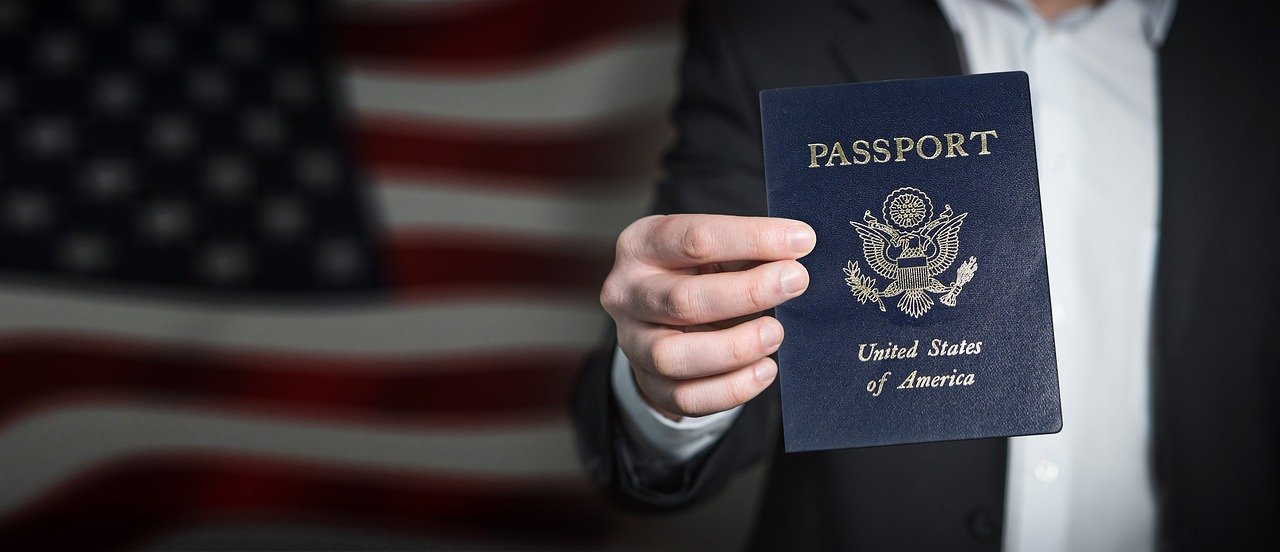
Developing a Covid “Passport”
Are vaccines the cure for the Travel Blues? Oneworld alliance member Qantas has hinted at requiring vaccinations at some point in the future in order to fly with them. CEO Alan Joyce said in a television interview, “We will ask people to have a vaccination before they can get on the aircraft… for international visitors coming out and people leaving the country we think that’s a necessity.”
Will other airlines follow suit? David Powell, medical advisor for IATA thinks so but also says that since vaccines won’t be widely available to those not at risk, in the meantime airports and airlines will continue pushing for standardized testing protocols.
The key to imbuing trust in the process is documentation. How do you do that? There are already multiple reports of counterfeit test results being submitted in order to board a plane or enter a country. I reported in October on the development of a “health passport” and the first public test of CommonPass, an app developed to manage the results of Covid-19 tests and vaccinations.
It makes sense that such an approach will be necessary rather than rely on a hodge-podge of apps, online reporting and paper documentation. If IATA or the three major airline alliances were to adopt a single approach, it would not only make it easier for the traveling public, but also countries who could simply the airport immigration process.
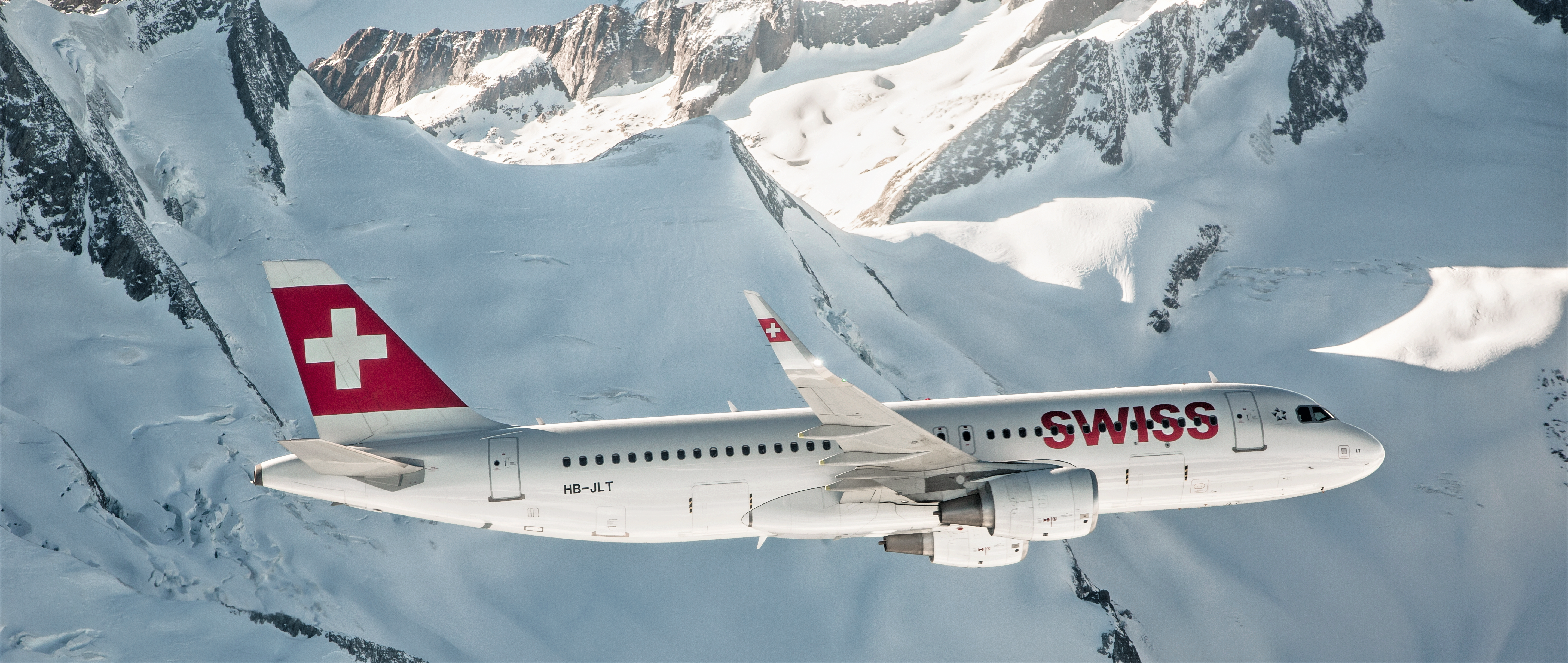
As it turns out, JetBlue, Lufthansa, Swiss International Airlines, United Airlines, and Virgin Atlantic will begin to stand up the CommonPass mobile app in December so global travel can get back on track. The CommonPass app will be tested on some flights from New York, Boston, London, and Hong Kong.
In addition, the Commons Project Foundation is working with the Airport Council International (ACI) World, an organization of nearly 2,000 airports globally, and five leading global airlines have joined the CommonTrust Network.
IATA is rolling out the IATA Travel Pass. The IATA app won’t be ready for several months but, like CommonPass, aims to provide a registry of health requirements, digital documentation of testing and vaccinations as well as a registry of where to be tested or vaccinated. The Hill was first to report the IATA Travel Pass development.
Regardless of which “passport” gains the most traction, this may be the wave of the future. Gaining buy-in from passengers concerned about privacy and cooperation from hundreds of nations, airlines and consortiums will be difficult.
Assuming adoption of a handful of apps, the added benefit is that your health passport can also hold the history of immunizations that are required to enter some countries, such as yellow fever and typhoid.
Read related: October 23 Travel News Review…
Brian’s Take
2020 is a year to remember, for sure. If you’re like me, you have canceled multiple trips and the urge to get on an airplane or climb in the car for a trip is overwhelming. But if we want to travel again and do so without fear of having to cancel our plans last minute or, even worse, have to enter quarantine once we arrive because our state or country of choice went into lockdown, we need thoughtful and comprehensive planning.
We need certainty. We need reliability. We need flexibility.
I’m hoping IATA, ACI, oneworld, SkyTeam, Star Alliance, the World Travel Organization and any other travel consortiums or organizations get together and make sure that some form of health passport is adopted. The airlines and accommodations industries need to continue changing their cancellation and rebooking rules to allow the maximum amount of flexibility.
I will continue booking trips if I have some assurance I can change my mind based on changes in the pandemic environment. However, I am pessimistic that so many disparate groups will be able to overcome their own self-interest to agree on common platforms.

As an avid traveler, Brian has explored and enjoyed cultural encounters in over 40 countries while spending many years refining The Points Game — using credit card sign-up bonuses and other tricks to get nearly free travel. Getting the most out of every trip is an art and Brian launched My Travel Traxx to help others enjoy the art of travel.

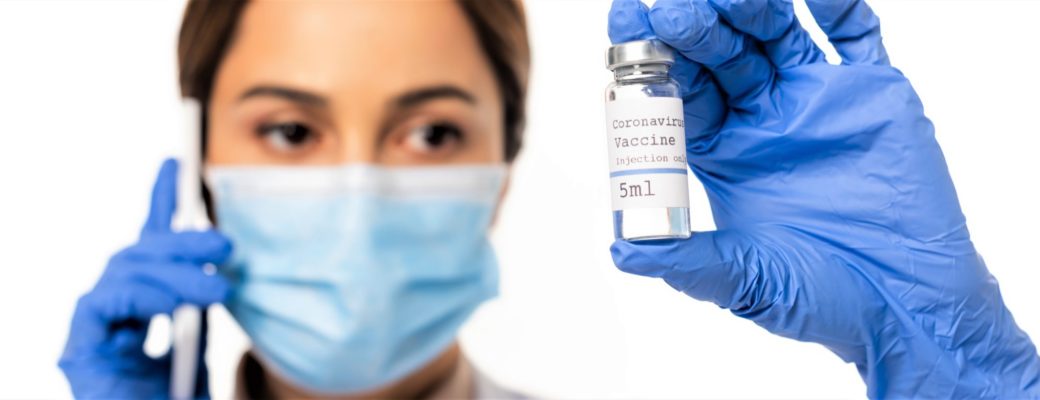
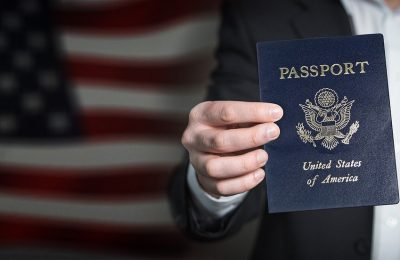
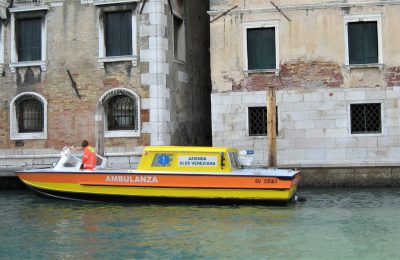

Comments (0)